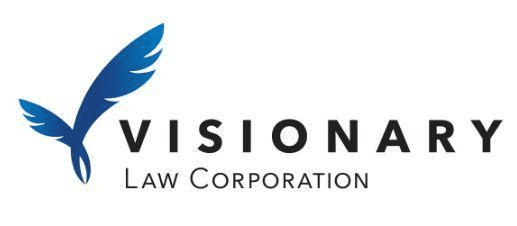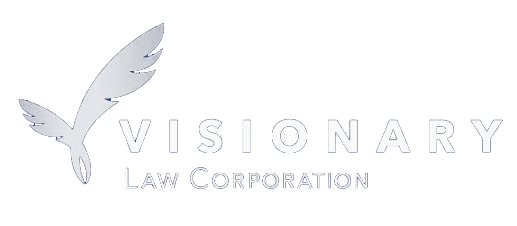Cutting Edge Legal Solutions For Families In Manitoba
-Norm J.
David F.
Candace C.
Dustin K.
Janice L.
Shawnna H
Family Law
Family Law

Caring Family Law & Estate Planning
Lawyers in Winnipeg

So if you are looking for a Divorce lawyer in Winnipeg, call us today and see what a difference our lawyers can make.
Experienced divorce lawyers serving clients throughout Winnipeg, Manitoba, and the surrounding areas
When a legal matter threatens to disrupt your family, you need a professional divorce lawyer or estate lawyer to provide help. At Visionary Law, we focus on providing our clients with personalized guidance at every turn. Drawing on our extensive legal experience, we think outside of the box to find the optimal solution for resolving your case.
Whether you need a Winnipeg divorce lawyer to help litigate a property division disagreement, set your date of separation or custody dispute, or an estate lawyer to update your estate plan or understand your rights, our lawyers can help you reduce costs, navigate the court system, and speed up processes – all while maintaining the highest quality of service.
Client-focused legal team offers innovative solutions to Winnipeg families
At Visionary Law, we concentrate on providing our clients with the exceptional legal care they deserve. Conveniently located in the St. Boniface area of Winnipeg, our office is close to mass transit, has ample free parking, and is wheelchair accessible. When you choose our firm, you can expect:
- Initial Paid Consultation: During your consultation, we discuss family law generally and the processes available to you based on your situation. We also review documentation in advance (if needed) and provide advice and “move forward” options specific to your situation.
- Flexible payments: In today’s busy world, clients deserve options. We accept Cash, Cheque, Debit, Credit Cards (both online and in office), and Wire Transfers.
- Online access: We recognize that work, family, and other events in your life may make traveling to our location for every meeting difficult. Our firm provides clients with an online portal for seamless communication and sharing of materials outside the office.
Our goal is to make the legal process as user-friendly and navigable as possible by combining technology with personalized attention and commitment. We provide hands-on assistance and devise creative strategies to help you achieve a positive outcome in your case.
Contact a premier family law firm in Winnipeg today
Visionary Law is a boutique law firm serving Winnipeg, Manitoba and the surrounding areas. To schedule an initial consultation with a divorce lawyer or estate lawyer at our firm, contact us online. Our office is located in the St. Boniface area near The Forks. Free parking is available.
Experienced & Knowledgable
As visionaries and leaders in our industry we pride ourselves in helping families achieve significant milestones. Our commitment to you, our clients, is unshakable.
Compassionate & Honest
As a client-focused firm we care about our clients’ well-being. We strive to provide a unique experience by harnessing new technologies to support cutting edge, innovative, quick, and comprehensive legal solutions and advice.
Highly Recommended
Everyone at our firm – from our experienced lawyers to our dedicated staff – is focused on providing the best legal service for our clients. No matter how difficult your legal issue is, we are determined to stand by your side.
Sorry, we couldn't find any posts. Please try a different search.



